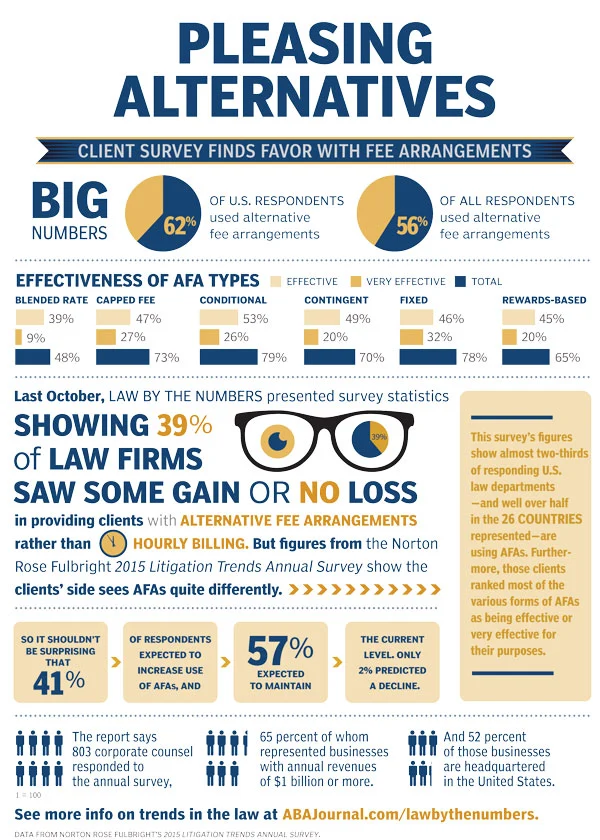WARNING: Law firms, clients and procurement get a gentle bollocking. If you are easily triggered, don’t read on… As you will gather from the title, this blog is underpinned by quite some frustration, so it is perhaps pithier than usual (we all need to let off steam now and again).
First some context. No, it’s not an exercise in hubris. Some context may be helpful so you can decide how much weight to attach to these comments, if any. You might think it is all drivel?

We are told by people whose views are respected within the profession, that we have a well-established reputation as the international leaders in the legal services pricing space. Why? Well that’s for others to judge and have a view. Sticking to the facts alone…
- Validatum® was founded in 2008. We only work with law firms and only in relation to pricing and procurement. No-one else does. We are specialists in every sense of the word.
- We are the only global provider able to offer law firms, large and small, a holistic ‘people, process and technology (Virtual Pricing Director® software)’ pricing solution.
- At last count we have worked with over 300 law firms in 25 countries. We are headquartered in London and have been brought in to work on pricing governance, analytics, execution, and technology by 70 of the UK 200 and 40 of the UK top 100. It is a hard-earned reputation we are proud of.
- As the founder and managing director of Validatum®, I am a former practicing lawyer (30 years) and a former managing partner (7 years). In that capacity we created what we believe to be the world’s first law firm Pricing Director role in 1994 – 38 years ago – in New Zealand, long before anyone else conceived of the concept.
It is against that backdrop that the following comments are set.
In another customarily superb piece from Katy Dowell, Horizon Editor at The Lawyer entitled ‘Disruption is Absolute Nonsense’, she hits the nail on the head with that characterisation of AFAs. Setting the scene, Katy notes…
“The lagging economy points to rising tensions between clients and their professional advisers, with private practice looking to protect margins and in-house departments scramble for control of legal spend. It is these conditions, new research suggests, that should spark a sea-change in how firms and their clients make use of alternative fee arrangements (AFAs).….
For the majority (40 per cent) of LDO Index respondents, the most effective method of controlling the legal budget is to rely on reminders to enforce billing guidelines. Simply asking for a cut price deal on rates and expenses, the research implies, is a favoured method in the hunt for efficiency….
More than three-quarters of respondents (83 per cent), for example, said reliance on AFAs as opposed to the hourly rate was either low priority or not on the radar at all [my emphasis].
Perhaps this is because lawyers like to work with people they know, but more likely it is because firms have been lacklustre in their approach to AFAs and have failed to deliver a workable solution. As one global general counsel told Horizon, “The existing model [of hourly rates] promotes inefficiencies.
Everyone is in violent agreement that it doesn’t work, but no one wants to force their lawyers to do something different. They don’t even understand what ‘different’ could be.”
This state of play could create opportunities for the right firm with the right formula. The firm that cultivates AFAs for the mass markets will lead a revolution in law firm billing. Everyone agrees on that, but nobody’s making it happen. So much for disruption.”
Indeed. Where does one start!?
I do take issue with the implication that law firms are doing nothing about AFAs. Certainly all the firms we work with are taught no fewer than 20 pricing techniques and strategies that better equip partners to have constructive pricing conversations with their clients. Though I would acknowledge that even then, their application is not universal.
A few years ago, a colleague of mine in New Zealand (a former very senior GC in a listed company) ran extremely comprehensive and valuable surveys of in-house legal teams. I recall a couple of questions around pricing that were extraordinarily insightful….
Question: Do you think that hourly billing is the optimal method of pricing legal services?
Answer: A resounding thumbs down from respondents.
Question: If you don’t support it, what would you prefer to see in its place?
Answer: (I’m summarising) – Don’t know, but we will know it when we see it.
Which in turn begs the question, ‘whose responsibility is it to advance the concept of AFAs if no one on the client side likes hourly billing and law firms are well aware of this antipathy?
My view is that it is fairly and squarely a law firms’ responsibility. It is the law firm’s business model which in the eyes of the client is misaligned, incentivises the wrong behaviours and generates mistrust and resentment.
So why don’t firms do more to improve their AFA offering? Well, it’s a very long list, but two that immediately spring to mind include…
(1) Firm’s meritocracy structures and remuneration methodologies are inextricably intertwined with, if not completely tied to billable hours (and please, do not misconstrue that observation as an attack on time recording.
One of the most damaging and idiotic things that the profession has done to itself is to conflate time recording as a management tool with time recording as a pricing tool, (but that’s a whole separate chapter). HINT: Why don’t you start measuring what actually matters – profitability (% and £/$) at a fee earner, client, matter, team, work stream etc level? Trust me, you get very different behaviours from your people.
(2) Its hard! Pricing is (or at least should be treated as) a skill, not a mindless administrative function limited to A x B = C. Which means, like any skill, people have to be trained. We often cite a 1975, Court of Appeal decision, which is as relevant today, as it was when it was decided, in which the Court observed with profound clarity, that “… The business of determining a fair and reasonable fee is an exercise in assessment, an exercise in balanced judgement, not merely an arithmetical calculation”.
But clients are far from blameless as well. Again, it is a long list, but in the interests of word count, here are four….
(a) GC’s and in-house legal teams have generally had no more pricing training than their counterparts in private practice. Indeed, the vast majority of them have moved from private practice to an in-house position, taking with them all of their knowledge, predispositions, and biases about pricing (as poacher) to their in-house role (as gamekeeper).
(b) Unless the in-house legal team/GC are particularly interested and invested in the topic, they have no greater ability to either advance or engage with new ways of pricing legal services than the law firm, so the lawyer and the GC go around in circles.
(c) To make matters worse, we have seen plenty of instances where a firm has gone to a lot of trouble to articulate some interesting new pricing strategies and has been met with what is frankly a lazy and cynical, “this all looks too hard, can you just knock another 10% off your rates”. Do not expect firms to waste time in future if you are not going to engage constructively.
(d) Procurement couldn’t care less about AFAs. Just don’t go there. There is only one thing that they care about and that is demonstrably meeting their personal internal savings targets, and where relevant, earning their savings target bonus. And before you accuse me of being mean and nasty to procurement, we know this for an absolute fact, because one of the U.K.’s leading legal procurement professionals ex FTSE 100 has worked for us for the last six years.
The simple fact of the matter is that it is difficult if not impossible to put AFAs in a spreadsheet in such a way that enables a like-with-like comparison which is why, at least in terms of the commercials, procurement is only interested in one thing and that is, comparative rates.
Is there any hope of clearing the toxic miasma that surrounds the topic of AFAs?
Absolutely. We have witnessed and orchestrated many such relationships between law firms and their corporate clients in particular. However, some fundamental mindset changes on both sides of the transaction are required. Trust, mutual respect and empathy, collaboration on objectives, transparency, reliable data and communication are key ingredients, that are often missing in whole or in part.
It is happening, it is possible, it is scalable, and the opportunity is at least in theory open to every law firm and every client. There is a path through the minefield. If you want to talk about it, you know where you can get hold of us, and whilst we only work with law firms, we welcome the opportunity to speak to audiences of GCs and in-house lawyers and legal ops professionals to at least help get the conversation going in the right direction – CLOC?
Richard Burcher - Chairman, Validatum® and Virtual Pricing Director®

